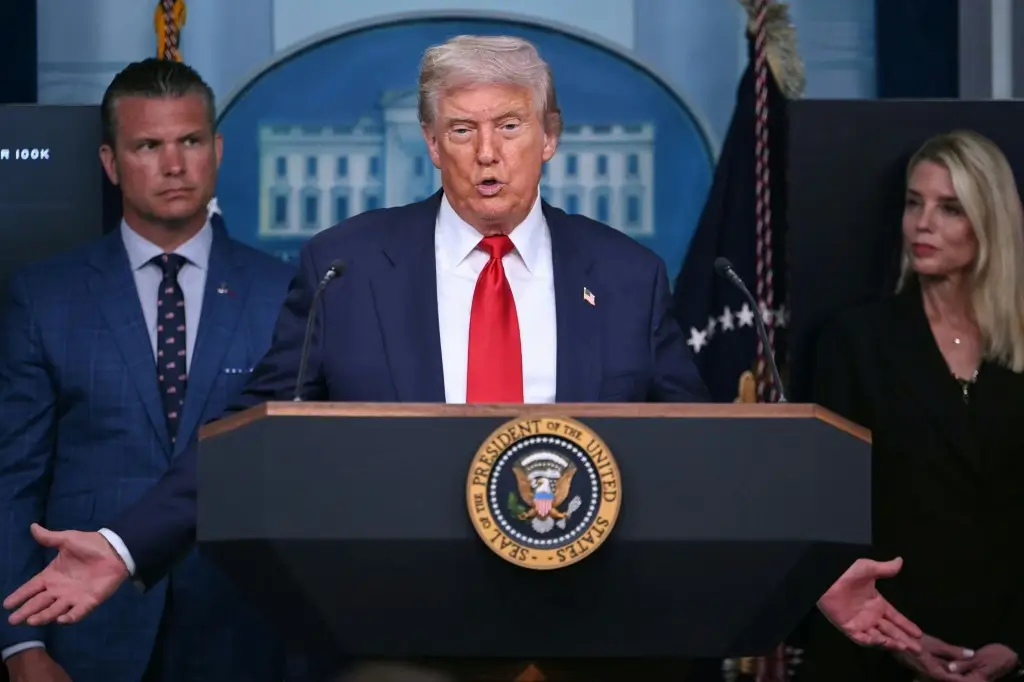
Just hours before the end of the pause in the tariff dispute between China and the US, US President Donald Trump again postponed higher tariffs against China. "I have just signed an executive order extending the suspension of tariffs on China for another 90 days," Trump wrote on his online service Truth Social on Monday (local time). Chinese state media reported that China had also announced an extension of the deadline.
"All other elements of the agreement remain unchanged," the US president added. The decree, published on Truth Social, stated that China is taking important steps "to address US economic and national security concerns." He further stated that he believes it is "necessary and appropriate" to maintain the pause until November 10. With his post, Trump confirmed previous reports by the Wall Street Journal and CNBC about his signing of the decree.
At about the same time as Trump's announcement, the Chinese news agency Xinhua reported, citing a joint US-Chinese statement, that China would also suspend the previously announced tariff increase for another 90 days starting August 12. However, Beijing would maintain the 10 percent tariff rate.
Trump imposed high punitive tariffs on China in early April. Beijing responded with counter-tariffs, prompting Trump to increase his own tariffs. At one point, the tariff level on both sides was well over 100 percent.
In mid-May, the two countries agreed during talks in Geneva to significantly reduce the surcharges for an initial period of 90 days. US tariffs on Chinese goods were set at 30 percent, and Chinese tariffs on the US at 10 percent. These rates will now remain in place until November—or until an agreement is reached.
Trump had previously stated, with reference to several rounds of negotiations between Chinese and US representatives in Stockholm, that the talks were going "quite well." "The relationship between President Xi (Jinping) and me is very good," the US president told reporters at the White House on Monday. Beijing, for its part, emphasized that it hoped for a "positive" outcome to the negotiations with Washington.
After the talks in Stockholm, US Trade Representative Jamieson Greer stressed that Trump would have the "final say" on extending the pause in the tariff dispute. Sean Stein, president of the US-China Business Council (USCBS), said the extension was "critical to give both governments time to negotiate an agreement" that would provide companies with much-needed planning certainty.
William Yang, an analyst at the International Crisis Group, believes it's unlikely that Beijing will make any concessions in further negotiations. He suspects that China sees itself as being in a strong position in rare earth exports and will use this advantage to put pressure on Washington.